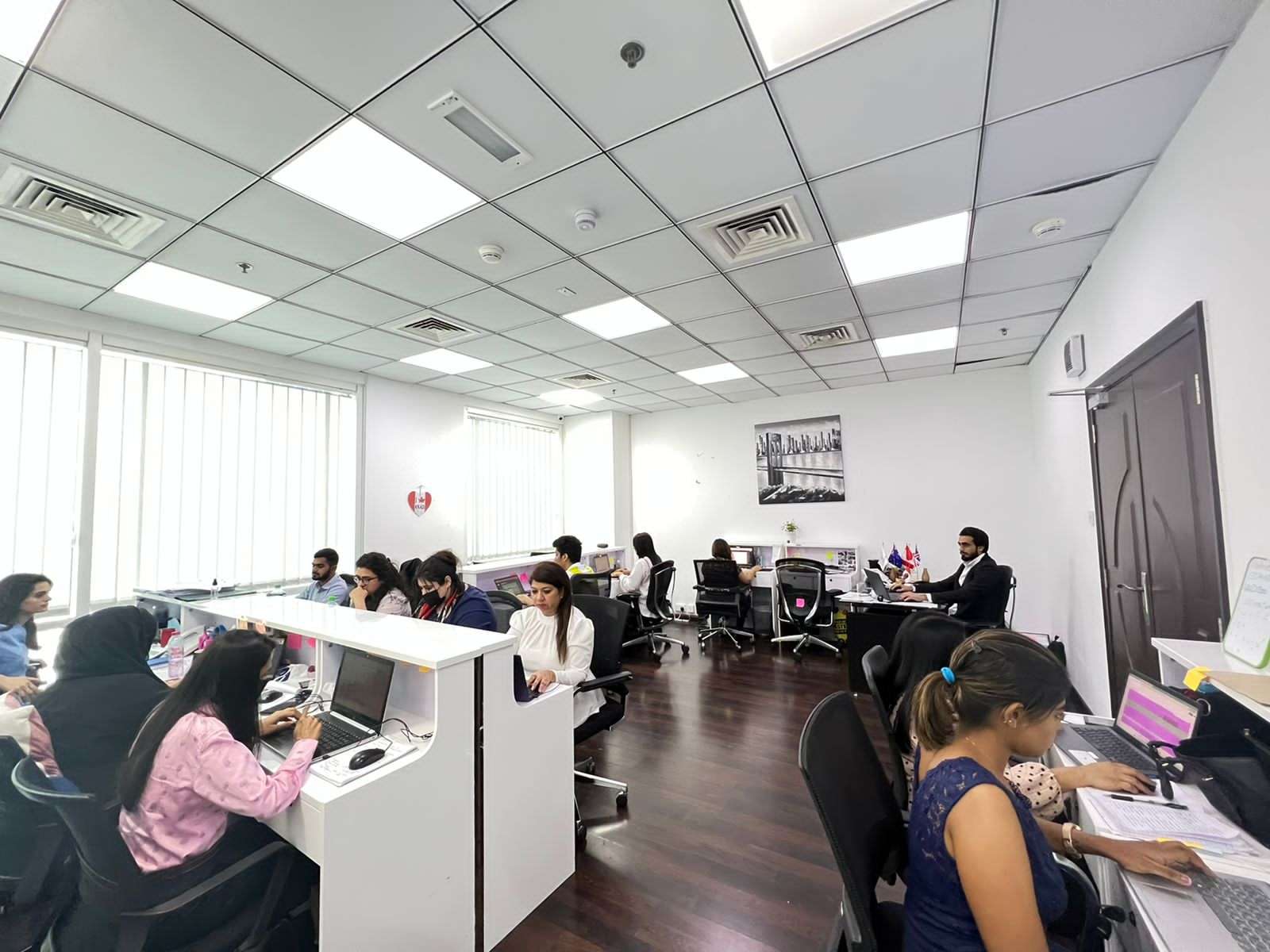For employers and international talent, Canada offers more than 100 distinct work visa alternatives.
The International Mobility Program (IMP) and the Temporary Foreign Worker Program (TFWP) are run by Canada (IMP).
The TFWP requires a labour market test known as the Labour Market Impact Assessment, which distinguishes it from the other two programmes (LMIA).
Although navigating Canada’s work permit possibilities can be challenging, we want to make it as simple as possible for you. Gulf Migrates has the necessary experience to help migrants get their Canada Work Permit without any issue.
Types of Work Permits in Canada
In Canada, there are two categories of work permit programmes:
Temporary Foreign Worker Program: To acquire a work permit, a foreign person must complete a Labour Market Impact Assessment (LMIA).
International Mobility Program: For a foreign individual to get a work permit, an LMIA is not necessary.
With the LMIA, firms may prove to the Canadian government that hiring a foreign worker won’t have a negative effect on the country’s current labour force. Employment and Social Development Canada (ESDC), a government organisation, intends to make sure that recruiting foreign workers won’t displace local workers or drive down their pay.
Those employees who require an LMIA are covered by the Temporary Foreign Worker Program (TFWP).
Despite the fact that the LMIA procedure is the norm, numerous work permits that are exempt from the LMIA procedure exist as a result of free trade agreements, such as the previous North American Free Trade Agreement, currently known as the Canada-United States-Mexico Agreement (or CUSMA). Due to these free trade agreements, employers of foreign workers are not required to acquire an LMIA before they can apply for a work visa.
Conditions for Work Permit in Canada
Working holidays, post-graduate work permits, and open spousal work permits are some additional work permit choices accessible to foreign workers without a job offer in addition to these employer-sponsored work visas. Workers covered by the International Mobility Program do not require an LMIA (IMP).
Typical circumstances in which one may work in Canada include the following:
LMIA Required
The process for these work permits includes the employer acquiring a Labour Market Impact Assessment.
LMIA Exempt
People may be able to work in Canada under certain conditions without first getting a Labour Market Impact Assessment.
CUSMA
These are given in accordance with the Canada, United States, and Mexico Agreement (formerly known as NAFTA), allowing work without an LMIA.
Intra-Company Transfers
These permits will enable a business to send specific staff from its overseas locations to Canada without requiring an LMIA.
Business Visitors
If certain requirements are met and they don’t enter the Canadian labour market, business tourists can frequently work in Canada without a work permit.
Post-Graduation Work Permits
International students may work in Canada for up to three years after graduating from a Designated Learning Institution.
How to Obtain Canadian Work Permit?
Work permits are handled by two federal departments in Canada. The department of Employment and Social Development Canada will examine the LMIA application and decide whether to approve it or not if a labour market impact assessment is necessary.
The Immigration, Refugees and Citizenship Canada department is in charge of the work permit application procedure (IRCC). You submit a work permit application to IRCC following the approval of an LMIA. You can also apply to IRCC for a work permit if an LMIA is not necessary. You have the legal right to carry out temporary employment in Canada thanks to the work permit.
What are the Work Permit Requirements?
Here are the prerequisites that all applicants must meet in general and those that differ depending on which work permit stream they are seeking for. For instance, if you are applying for a work permit through a stream that calls for an LMIA, you must send IRCC the following paperwork together with your work permit application:
- A letter of employment/ a contract
- A copy of the LMIA
- The LMIA ID
In general, all candidates must show they will depart Canada when their work permit expires, they have enough money to support themselves financially in Canada, they do not pose a risk to the public’s health and safety, and they will not work for ineligible firms or in illegitimate occupations.
Open Work Permit Vs. Closed Work Permit
A foreign worker with an open work permit is able to work for any employer in Canada. Foreign nationals applying for open work permits to Immigration, Refugees and Citizenship Canada are not required to submit a Labour Market Impact Assessment or a job offer.
Closed work permits limit a foreign employee’s employment to companies who have gotten a positive LMIA and made a job offer to them. If a foreign worker no longer intends to work for this company, they must submit an application to modify the terms of their work permit in order to maintain their right to work in Canada.
Canada Work Permit with Intention of Immigration
A work permit application can be made separately or in conjunction with one for permanent residence. “Dual intent” is a concept that Immigration, Refugees and Citizenship Canada (IRCC) acknowledges. For more details you can contact consultants at Gulf Migrates to discuss more details.










